Mozambique: Coffee farming already involves 1,500 families in Gorongosa
Minister fears that Covid-19 will constrain “next agricultural campaign which involves large investments” in Mozambique
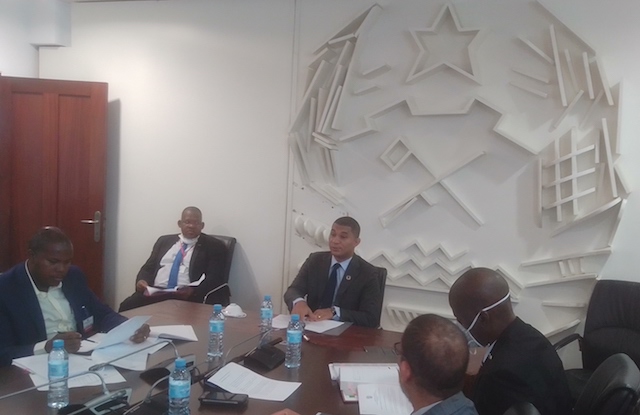
Photo: A Verdade / Adérito Caldeira
With less money than last year, Mozambique’s Agriculture, Animal Production, Hunting and Forestry sector will grow only 1.8 percent in 2020.
“There is nothing we can do” declared the minister of Agriculture and Rural Development in the Assembly of the Republic, nevertheless promising that the 2020-2021 agricultural campaign “will bring about changes in terms of production levels”.
A price stabilisation fund, thousands of multi-use systems, millions of anti-filariasis baths, the One-stop Service for Investors, the construction of warehouses, financing for half a million smallholders and construction of roads are just some of the activities in the portfolio directed by Celso Correia, who is worried that the Covid-19 pandemic will constrain “the next agricultural campaign, which for us is one with a forecast of large government investments”.
It has been the basis of development since Mozambique has had a constitution. Although agriculture has never fully materialised its potential, it has been one of the sectors that has contributed 5.9 percent of GDP (gross domestic product) in 2017. Last year, Cyclones Idai and Kenneth lowered production to just 1.2 percent, although last May, the IMF (International Monetary Fund) representative in Mozambique predicted that the GDP recovery in 2020 would be “largely driven by agriculture”.
But the Covid-19 pandemic has forced a further downward revision of growth in Agriculture, Animal Production, Hunting and Forests to just 1.8 percent. “What counts for growth, since this year, is the first season of the 2019/2020 campaign and this season is over, there is nothing we can do. What we have to do is work for a good harvest season, which is already costly, and try to reduce post-harvest losses, which in Mozambique are still very high – above 20 percent. This exercise is being undertaken in coordination with the Ministry of Commerce,” Minister Correia began by explaining to members of the Assembly of the Republic.
“With regard to the second season, this has also been launched and everything is planted. Most of the crops are horticultural and represent about 10 percent of production. If we manage to have a good harvest, reduce post-harvest losses and have no hesitation in the 2nd season, we believe that the agriculture sector will continue to grow,” the holder of Agriculture and Rural Development portfolio declared in a hearing on Monday (13) at the Commission of Agriculture, Economy and Environment of the Assembly of the Republic.
Meanwhile, Celso Correia confessed that “the challenge will be to know if the agrifood industry will continue to operate – we refer to cashew nuts – and this may have (negative) impacts if the markets close, although we have no forecast of closing”.
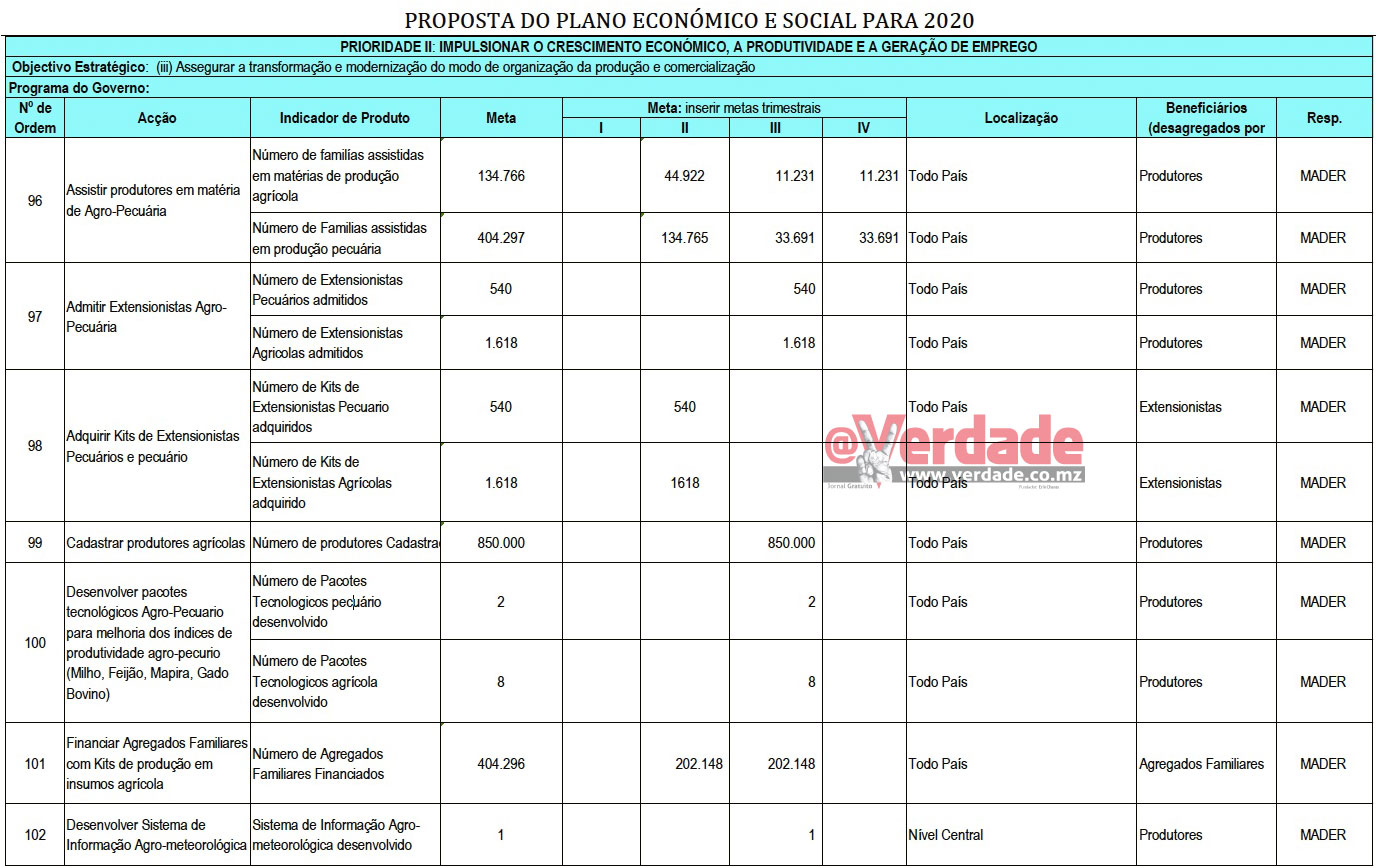
Stabilisation Fund to “protect the peasant from global price shocks”
According to the minister: “The great challenge that the Government is facing because of Covid-19 at the moment, and we are monitoring it very closely, is to make sure that the conditions of the international market do not affect the next (agricultural) campaign. which for us is foreseeing large government investments. When I say restraining, we start in the first place with the disruption of the production cycle. If the internal consumption of certain products, such as chicken and others, starts to reduce, the tendency is for producers to reduce production and we enter a vicious cycle. We must be careful to avoid disruptions in the production cycle.”
“The second aspect is the supply of seeds and inputs, Mozambique today consumes less than 10,000 tons per year and our production schedule for the next campaign is to increase to 40,000 tons of improved seeds and agricultural inputs. We are working to make sure we have access to these inputs. There is no shortage of input production worldwide, but the important thing is to know if there is a scare in the markets, if they start to retain production. Some countries have already begun to announce a reduction in export quotas, but there is no indication yet of a supply break. For Mozambique, the most important thing is to make sure that this situation does not jeopardise the investment projections for the next 2020-2021 campaign, which would bring about changes in terms of production levels,” Correia argued, revealing that “the main focus of the new team at the Ministry has been to prepare this 2020-2021 campaign”.
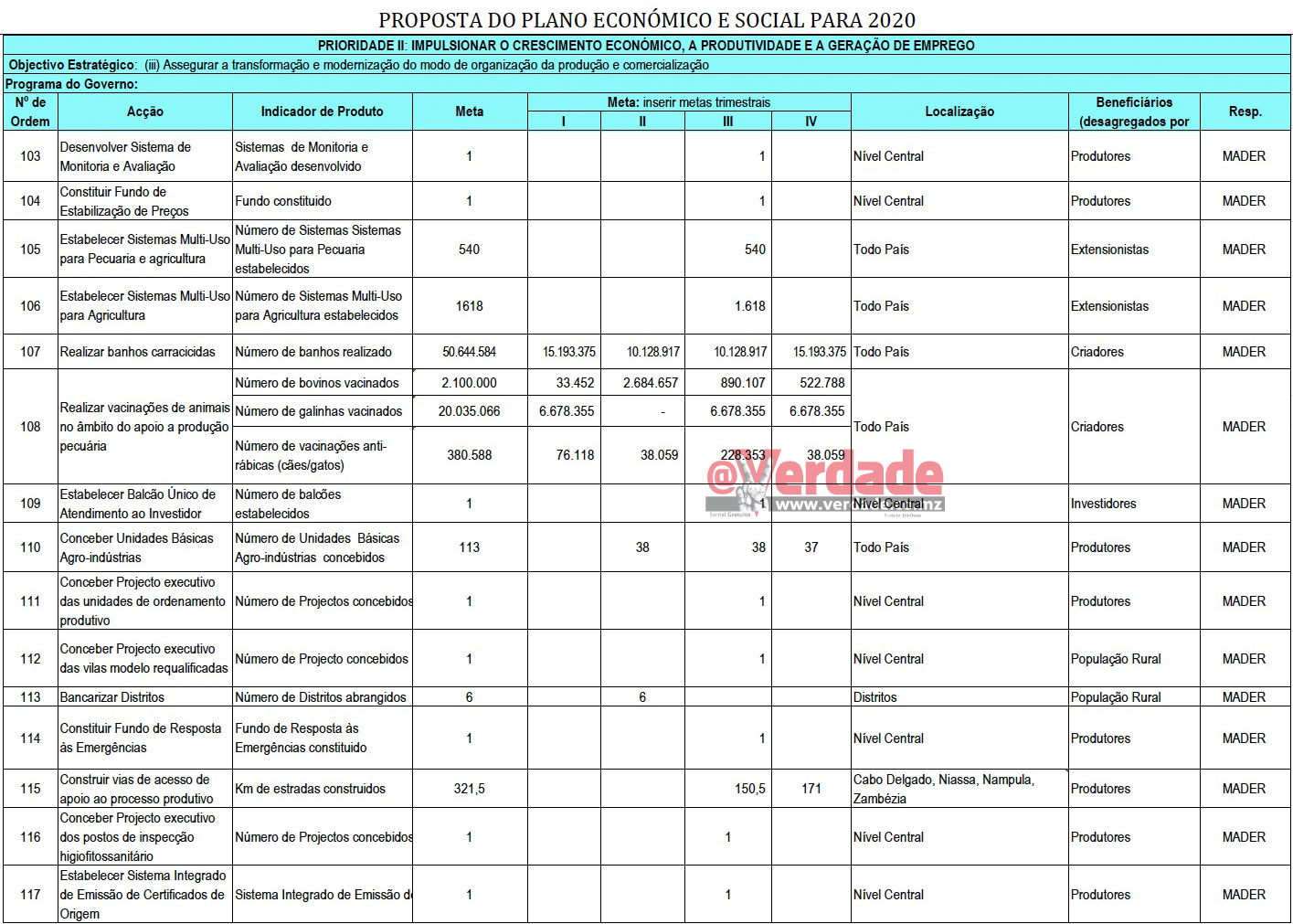
With only 24.9 billion meticais to be allocated, against 29.1 billion in 2019, Celso Correia’s “super-Ministry” proposes to produce food and promote agro-industrialisation by promoting cashew and cotton this year; initiate a Price Stabilisation Fund; establish 1,618 multi-use systems; provide more than 50 million anti-filariasis baths; build 2,000 warehouses to support the agricultural commercialisation process and reduce post-harvest losses; finance more than 400,000 households with production kits and agricultural inputs, open a One-Stop Shop for Investor Assistance; and even build 321.5 kilometres of access roads to support the production process.
Minister Correia explained to the deputies of the 5th Commission that the Price Stabilization Fund would start with “the various taxes that are charged at the level of the agricultural production chain, mainly in the export of high-yield crops. (…) This Fund intends to protect the peasant from global price shocks so that he can have some stability in his production of some crops. It is a journey; we will start the Fund this year, but we are sure that it will bring forth great returns with large investments”.
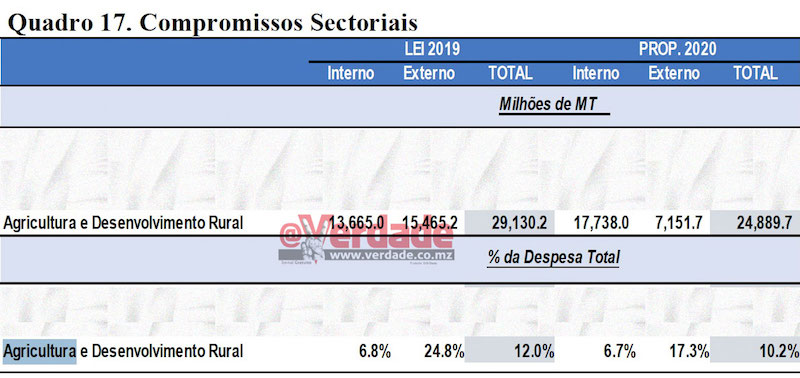
“Irrigation management policy, over the past 44 years, has not had the desired effects”
Regarding the One-Stop Shop for Investor Assistance [Balcão Único de Atendimento ao Investidor], the Minister of Agriculture and Rural Development clarified that “we want to create a service unit for large investors where they do not have to deal with documents anywhere else, from DUAT to licensing. Everything will be dealt with from this One Stop Shop for Investor Assistance. Commercial agriculture is incipient in Mozambique, and it is necessary to create stimuli by breaking all the barriers to doing business. This branch was born with this function, to be another lever for family and commercial agriculture; we want to make life easier for investors through this new experience in coordination with all other sectors”.
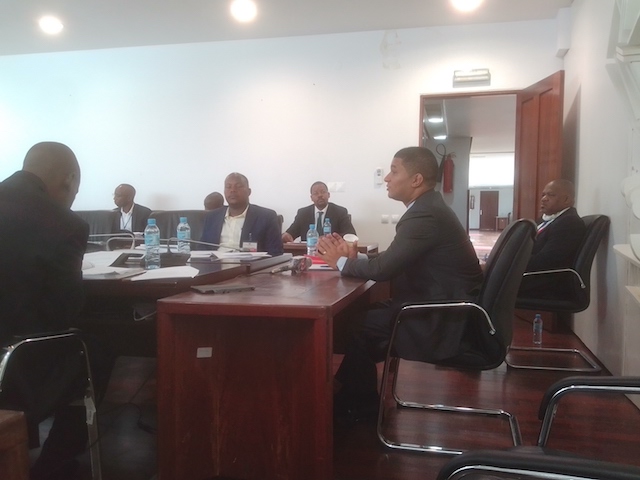
Questioned about the lack of investment in irrigation essential for agricultural dynamism, Celso Correia admitted that: “Our irrigation management policy, over the past 44 years, has not had the desired effects in all dimensions, and for several reasons. One, because a lot of the infrastructures we have in the irrigated areas were destroyed by weather events (in Gaza and Zambezia). The Government’s effort has been to requalify these infrastructures. However, we have another challenge, which is the of the irrigation [systems] themselves and their profitability”.
“On this matter, we will take into account the current and the historical reality, but one thing is certain, the Government will not continue to support unprofitable infrastructures such as irrigated areas. We must find a balance, and efficiency, as they must be at the service of production and producers (…) Mozambique’s potential in terms of irrigated areas is 3,000 hectares – but only 10 percent work. We have to make sure that the investment, which is always high, achieves the desired effect. In most of the territory, agriculture is rain-fed. This does not mean that it is not efficient, but if we manage to optimise what little irrigation we have, it will naturally contribute to increased national production,” he added.
With only 13 billion to invest, the Minister of Agriculture and Rural Development emphasised that the strategy is “value chains – and we will focus on five or six crops that will change the agricultural scenario in Mozambique”.
By Adérito Caldeira







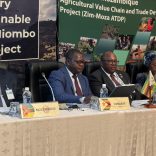




Leave a Reply
Be the First to Comment!
You must be logged in to post a comment.
You must be logged in to post a comment.